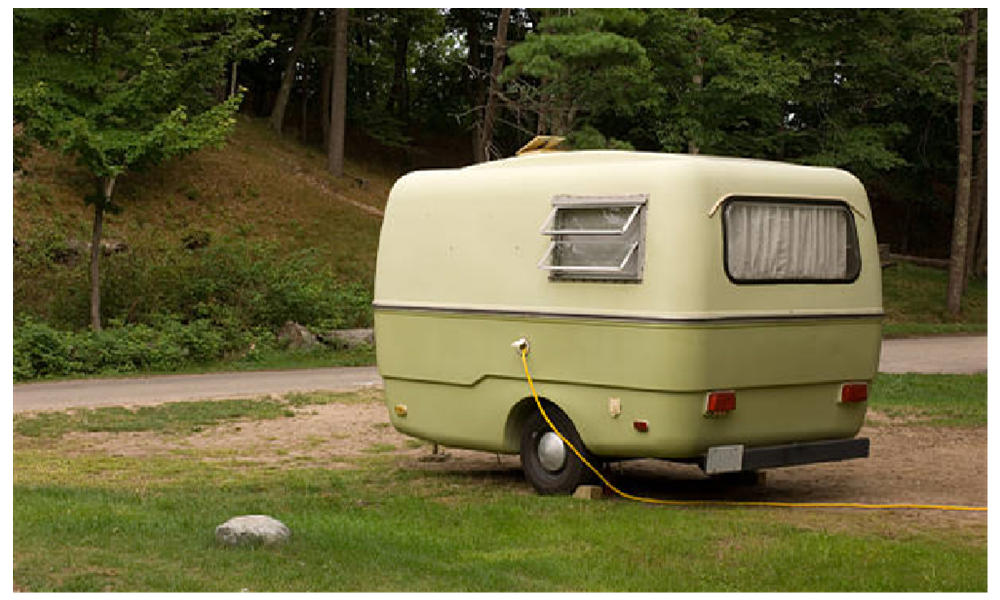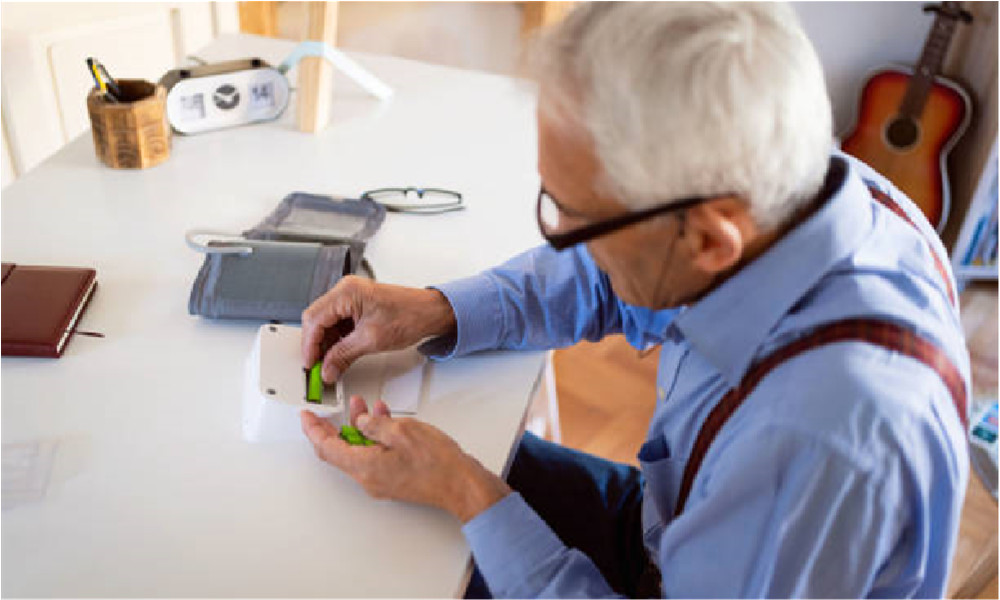You’ll always want to know the basics of lithium ion 12v battery and shouldn’t feel like spending time reading a blog is time consuming. Value for money is just that.
Every day lithium-ion batteries power the lives of millions of people globally, from cell phones and laptops to electric and hybrid cars. They comprise a considerable lifespan and numerous applications. These power sources’ most popular applications include remote surveillance or alarm systems, emergency power backups, solar power storage banks, and lightweight marine power systems.
Lithium-ion technology has numerous benefits, including a high discharge rate, a long-life cycle, and lightweight. Also, lithium-ion 12V batteries do not emit any poisonous gas during recharge. The lithium ion 12v battery will be different from the small battery in the phone, and you will feel its powerful usability on your pillow, isn’t it? Its long history of use and commercial value has been continuously optimized in the test of time.
1. What Is a Lithium Ion 12v Battery?
Lithium batteries are an assembly comprising numerous cells. Lithium battery cells contain a nominal voltage of 3.2V. Thus, to achieve a 12V lithium battery, you will need four cells connected in series; this will create a nominal voltage of a LifePO4 12.8V. When you connect eight cells in series, you will have a 24V battery with a nominal voltage of 25.6V. These voltages work perfectly with your typical 12V and 24V inverters.
The LifePO4 is quite a stable lithium chemistry compared to other lithium chemistry. The battery is made using a naturally safe cathode material which promotes a strong molecular bond.
It has inbuilt electronic controllers that regulate the battery discharge and charge. It prevents overheating and overcharging under certain conditions. However, prolonged exposure to high temperatures can shorten battery lifespan.
2. How Do 12 volt Lithium Ion Battery Work?
Lithium-ion batteries work broadly similarly; they are made up of a cathode, anode, electrolyte, separator, and two current collectors. The negative electrode(anode) is generally made from carbon(graphite). In contrast, the positive electrode(cathode) is made from a chemical compound known as lithium-cobalt oxide or lithium iron phosphate (LiFePO4) in newer batteries.
During charging, the lithium cobalt oxide positive electrode releases some of its lithium ions to the negative graphite electrode through the electrolyte. As this process takes place, the battery receives and stores energy. When the battery is discharging, the lithium ions move back through the electrolyte to the positive electrode generating the energy that powers the battery.
In return, the electrical currents flow from the current collector via the device being powered, such as a computer or mobile phone, to the negative current collector. In both cases, electrons flow in opposite directions to the ions around the outer circuit. Electrons don’t flow via the electrolyte; it’s a practical insulating barrier for electrons.
Lithium-ion 12v Batteries have plenty of applications.
Security alarms: These systems need a reliable and efficient backup power source, and a 12V lithium-ion battery is ideally suited for the job.
Solar power storage bank: 12 volt lithium ion battery can store solar energy with various applications in boats, at home, or camper vans.
Boats: Lithium-ion 12v Batteries remain a vital part of boats’ electrical system. It’s responsible for powering the bilge pump, starting the engine, and running the navigational lights.
Golf cart: Lithium-ion 12v Batteries are the power source from which the golf carts draw their power.
RVs: 12 volt lithium ion battery is applicable in RVs for different reasons, such as powering the lights, refrigerator, and water pump.

3. How Long Does A 12v 100ah Lithium Ion Battery Last?
The life span of a lithium-ion battery is directly proportional to daily use and the charge cycles, translating to about 2-3 years. This battery has an exact number of charging cycles, after which it can’t hold tremendous power like it used to. Typically, lithium-ion batteries charging cycles range between 300-500 cycles.
In addition, the life expectancy of the 12-volt lithium-ion battery tends to vary based on its usage. A lithium ion 12V battery with regular cycles between 50% and 100% will have a longer life expectancy than one that discharges to 20% and then charges completely. Typically, lithium-ion batteries age quite slowly when not in use.
4. Can I Replace A 12V Lead Acid Battery with Lithium Ion?
Yes. Lithium-ion batteries can directly replace lead acid batteries since they have similar charging voltages. The unique thing about lithium batteries is that they don’t require an absorption charge or remain in a constant voltage state for long periods. When the battery reaches maximum charge, it doesn’t need charging.
Also, the discharge characteristics of lithium batteries are unique. Lithium-ion batteries maintain a much higher voltage when discharging than lead-acid batteries.
A significant advantage of lithium-ion batteries is that they don’t suffer from deficit cycling, unlike lead-acid batteries. Typically, this is when the battery can’t be charged entirely without being discharged the following day again. Lead-acid batteries are a huge problem and can lead to significant plate degradation.
Efficiency is a critical factor when it comes to designing solar electric systems. The entire efficiency of lead-acid batteries is around 80%, while the overall efficiency of lithium-ion batteries is above 95-98%. It’s a significant advancement for systems starved of solar power, especially during winter, leading to tremendous fuel savings of generator charging.
Lead-acid batteries have an absorption charge stage, which is relatively inefficient, leading to 50% or less efficiency. On the contrary, the lithium-ion battery doesn’t have an absorption charge stage; the charging time can be as little as 2 hours.
5. How Good Are 12V Lithium-Ion Batteries?
12 volt lithium ion battery is relatively stable lithium chemistry in comparison to all other lithium chemistries. Also, unlike various battery chemistries and flooded lead acid, lithium-ion batteries don’t vent poisonous gases, including hydrogen. There is no risk of exposure to acidic electrolytes, including potassium hydroxide and sulfuric acid.
6. Precautions For Lithium Ion 12v Batteries Charging
When charging Lithium Ion 12v Battery, you need to take some precautions. These precautions include:
- Charging Temperature
The charging temperature should range between 40-110 degrees. Charging your 12 volt lithium ion battery beyond these temperature limits can lead to permanent battery damage. However, the battery temperature will slightly rise when drawing power rapidly or charging.
- Overcharge Protection
Lithium-ion batteries have overcharge protection that stops charging once the battery is full. The circuitry prevents the voltage from exceeding 4.30V. Always confirm the battery management is operational before charging lithium-ion batteries.
- Reverse Polarity Protection
Failure to connect the battery to the charger can result in reverse polarity protection that stops the current from flowing leading to battery damage.
Conclusion
Lithium Ion 12v Battery has numerous applications, thanks to their extended lifespan and efficiency. When charging your lithium-ion battery, always follow the precautions for a higher life cycle and maximum safety.

